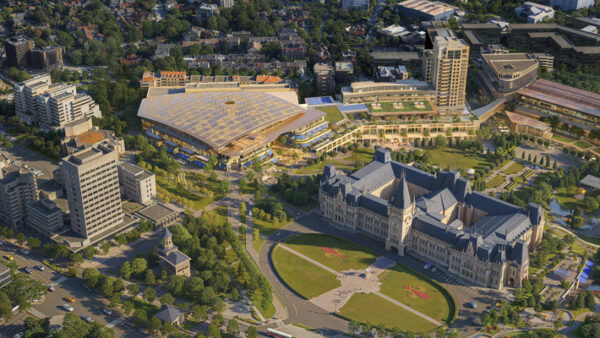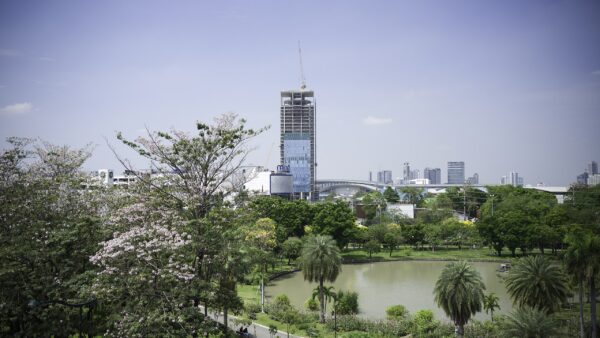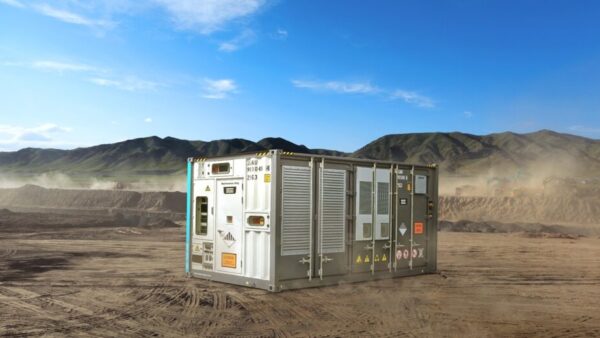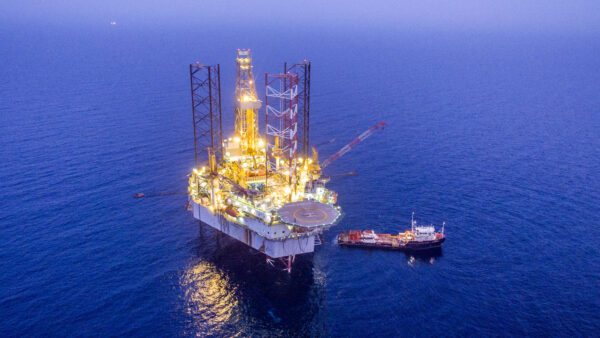China has announced plans to build a 82,000 square mile capital that would eventually have a population of 130 million people. This would make it a little larger than Scotland in terms of land area, and about the same size as Japan in terms of population.
The megalopolis, dubbed “Jing-Jin-Ji”, will be centred on Beijing, the port of Tianjin and southern Hebei province. “Jing” is taken from Beijing, “Jin” from Tianjin, and “Ji” is the ancient name for the Hebei Province.
The city-region will be internally connected by high-speed rail lines that will make it possible to travel between any two points in less than an hour.
(The supercity) reflects the senior leadership’s views on the need for integration, innovation and environmental protection– Liu Gang, Liu Gang, professor at Nankai University
The possibility of building a new capital has been debated for decades within China. If it does now go ahead, it will be seen as part of President Xi Jinping’s efforts to reform the economy of northern China.
The grand strategy will be to form the Beijing-Tianjin region into a cohesive economic powerhouse to rival the Yangtze River Delta in central China, which is centred on Shanghai and Nanjing, and the Pearl River Delta in the south, based on Guangzhou and Hong Kong.
The Beijing City Government is planning to move much of its bureaucracy, as well as many hospitals and factories to the hinterland of Hebei Province.
This will bypass the capital’s strict residency limits, which have made it the most unaffordable city in the world in terms of property prices. It will also distribute well paying jobs and escape the pollution and congestion that plague everyday life there.
Liu Gang, a professor at Nankai University in Tianjin who advises local governments on regional development, is quoted by The New York Times as saying: “The supercity is the vanguard of economic reform. It reflects the senior leadership’s views on the need for integration, innovation and environmental protection.”
Egypt has recently announced that its plans for a $80bn capital city is still on course despite rumours to the contrary.
Image: Chinese Dragons at the Longtan Park in Beijing (Ivan Walsh/Wikimedia Commons)










